Judges: A Critical & Rhetorical Commentary
The book of Judges is part of the world's literary and cultural canon, and as such it provides insights about political leadership, gender relationships, power disparities, personal strengths and weakness, as well as social and political ethics. In addition, for many Jewish and Christian scholars, Judges is a canonical, scriptural text. This new commentary on Judges considers all these issues, adopting two key approaches: rhetorical criticism and historical criticism. As a rhetorical commentary, the volume pays attention to the factors in the text that are being marshalled to influence the reader. Attention is paid to what the text does, and how it works when it is read closely. This element of the commentary encompasses lexical and grammatical issues, organizing arrangements and patterns, the intentions of various literary genres, along with narrative plot and structure. As a critical commentary, the volume deals with the history of the text's formation and transmission. It establishes the earliest recoverable text of Judges as a way of getting as close as possible to the producers of the text and its early audiences. It provides a well-argued description of how Judges was brought together as a coherent document from earlier oral and written sources and how it was later modified and supplemented. Together these aspects enable Nelson to provide a bold new commentary on Judges that is broad in scope and pays close attention to every detail of the text.
{{comment.content}}
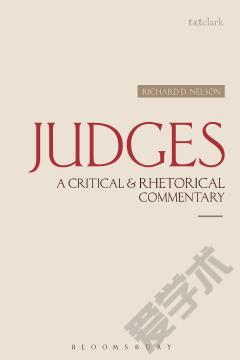
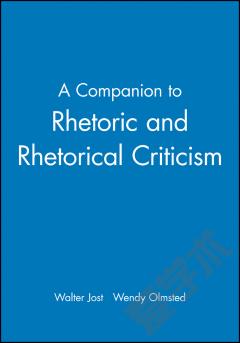

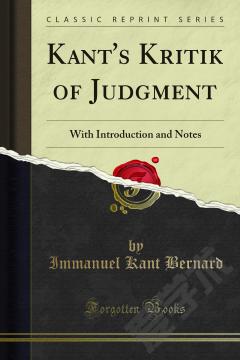
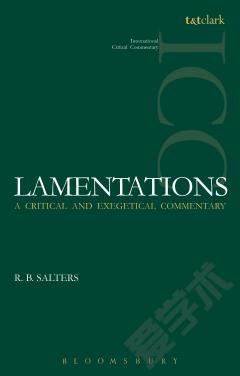

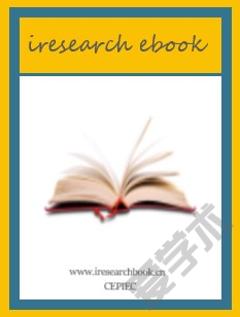

 京公网安备 11010802027623号
京公网安备 11010802027623号